Wuhan lab door slammed on Covid inquiry by China
China is refusing to allow international scientists access to a laboratory in Wuhan in an attempt to shape the terms of the WHO’s investigation into the origins of the coronavirus.
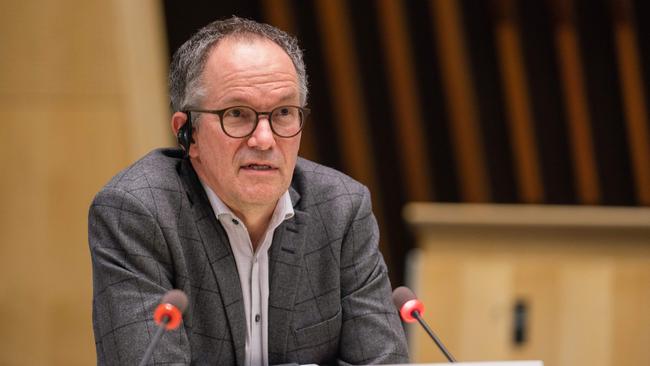
China is refusing to allow international scientists access to a laboratory in Wuhan in a hardball attempt to shape the terms of the World Health Organisation’s investigation into the origins of the coronavirus.
Peter Ben Embarek, the Danish head of a WHO-led team that travelled to China earlier this year, said investigators needed more information about the research facility in Wuhan.
The WHO added further pressure on Beijing after Professor Ben Embarek’s comments were broadcast. “Searching for the origins of any novel pathogen is a difficult process, which is based on science, and takes collaboration, dedication and time,” the WHO said in a statement.
“In order to address the ‘lab hypothesis’ it is important to have access to all data and consider scientific best practice.”
Speaking in Beijing, Vice-Foreign Minister Ma Zhaoxu on Friday said China would not allow the WHO’s proposed second phase of investigation to go ahead because it was “political”.
“This is negotiation and diplomacy,” said Dominic Dwyer, the Australian member of the expert team that conducted the first stage of investigation. “The Chinese do feel the laboratory leak is highly unlikely. They are not keen for people to come and investigate in the absence of any evidence – and that’s the diplomacy part.”
Beijing launched a sweeping trade coercion campaign on Australia after the Morrison government in April led calls for an independent inquiry into the origins of the pandemic, which has killed more than four million people. Bans have been imposed on Australian exports to China worth more than $20bn a year.
A spokesman for Australia’s Department of Foreign Affairs and Trade called on Beijing to co-operate, so the world could prevent future pandemics. “We believe that further studies must have access to all relevant data,” the spokesman said.
“Australia has consistently called for a transparent, independent, scientific review into the origins of the virus and for work to progress with momentum, including in China.”
Beijing has further ramped up its disinformation campaign ahead of the late August deadline of a report US President Joe Biden has ordered from his intelligence agencies into the origins of the coronavirus.
Chinese state-controlled media published articles this week citing comments by a fabricated Swiss biologist called “Wilson Edwards”, who claimed WHO sources had told him that Washington was politicising the Covid investigation. Staff at Switzerland’s embassy in Beijing later confirmed that no such scientist existed.
The majority of scientists on the WHO team have said that the coronavirus most likely jumped to humans from a bat or other wild animal.
Banks of donated blood in Wuhan and other Chinese cities, along with further study of China’s wild animals trade, are key focuses of the proposed second phase of investigation.
But in an interview with Denmark’s state-owned TV 2, Dr Ben Embarek said the lab run by the Wuhan Centre for Disease Control could be linked to hypotheses the WHO team thought were much more likely.
“An employee who was infected in the field while collecting samples falls under one of the likely hypotheses,” he said. “That is where the virus jumps directly from a bat to a human. In this case, it would be a lab employee instead of a random villager.”
Dr Ben Embarek said he would have preferred to class a lab accident as “unlikely” rather than “extremely unlikely”, as was published in the official report.
The Danish food-safety specialist said that form of words was reached after a 48-hour period of intense negotiations with Chinese counterparts.
Despite Beijing’s refusals, Professor Dwyer said he was optimistic the WHO inquiry would continue. “It’s too important not to go ahead,” he said.



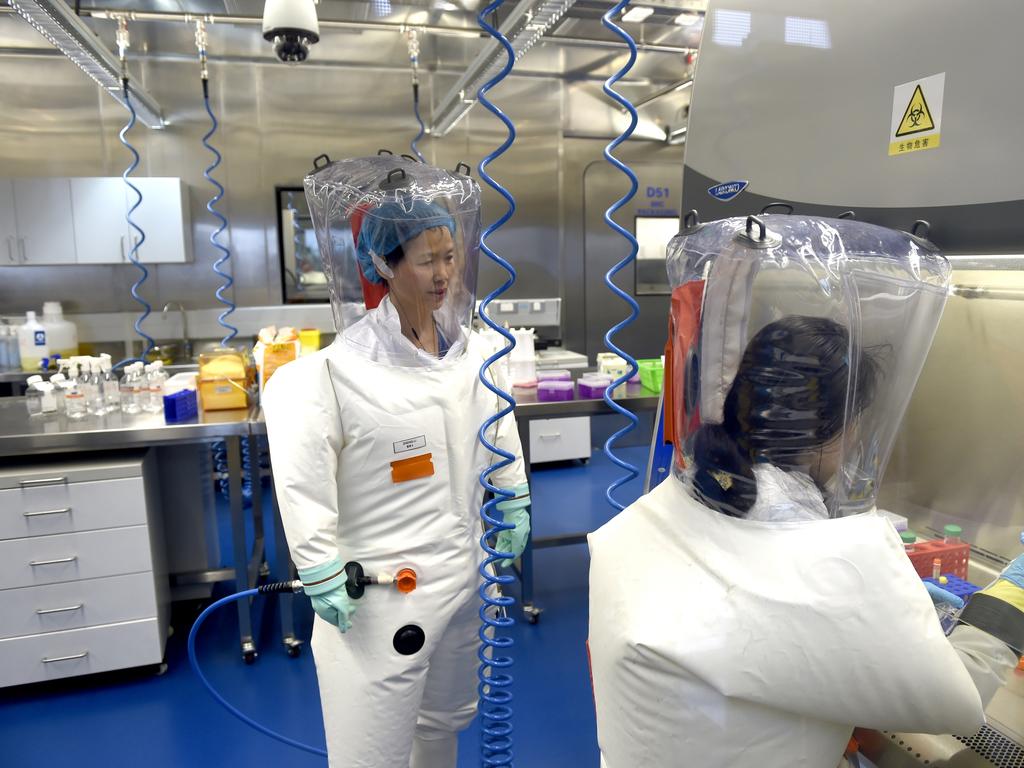
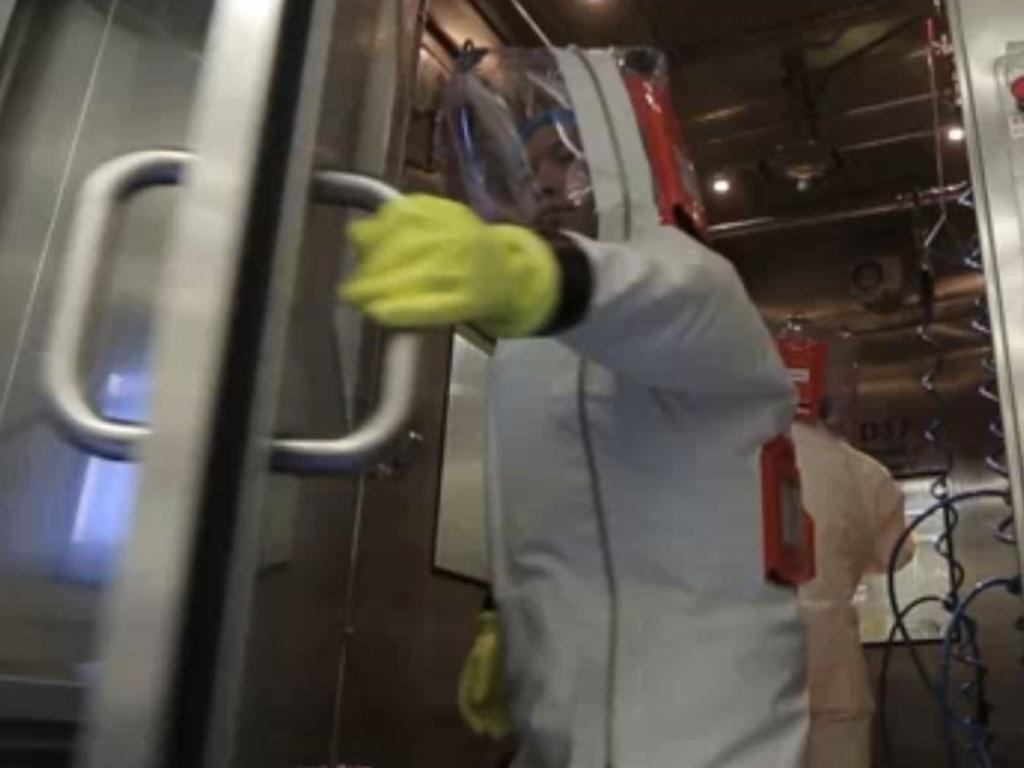
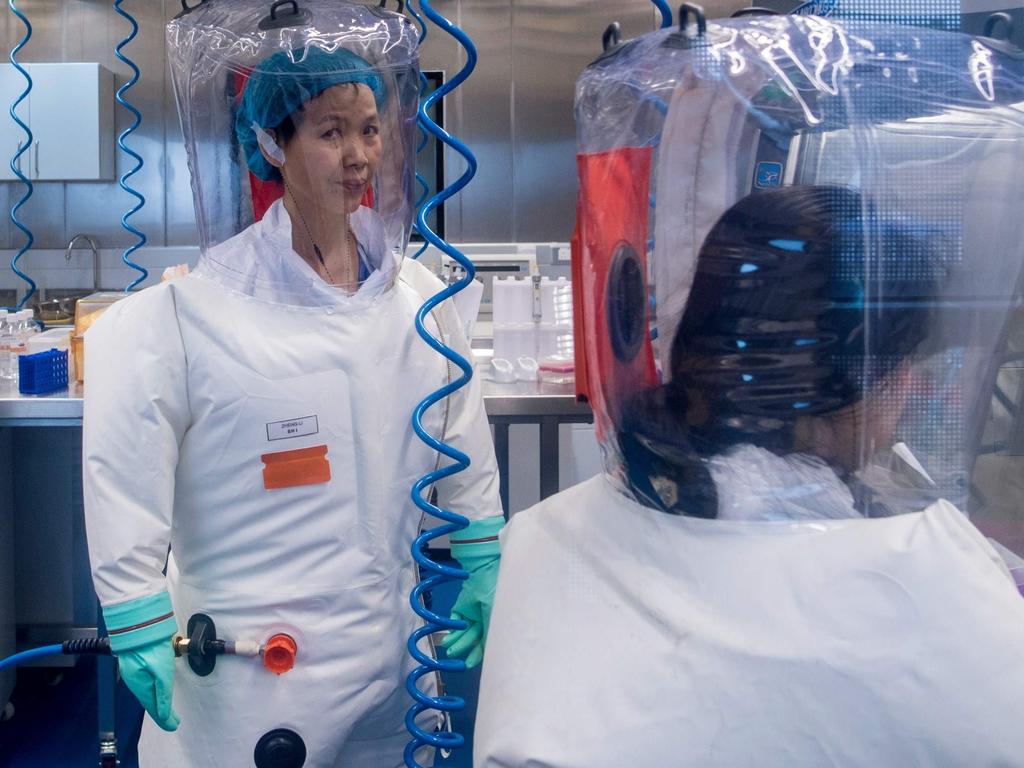

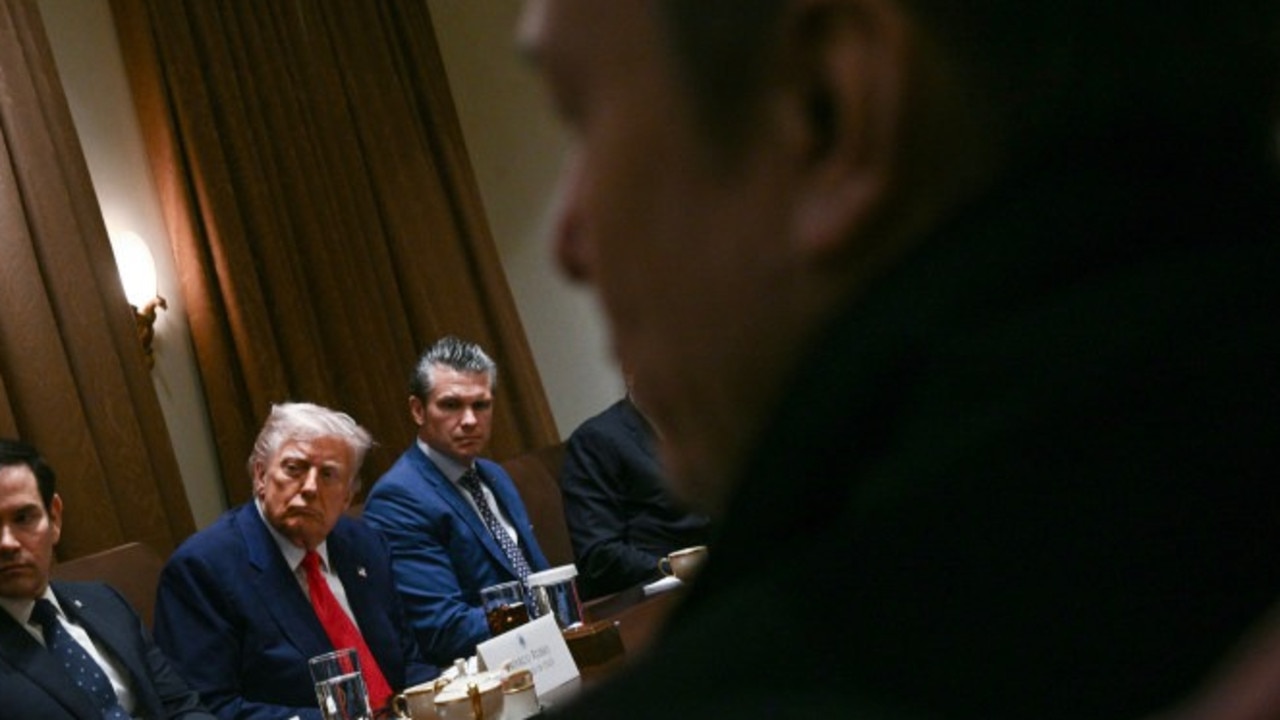
To join the conversation, please log in. Don't have an account? Register
Join the conversation, you are commenting as Logout